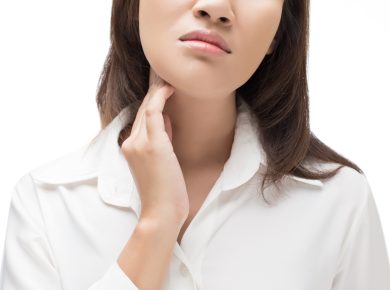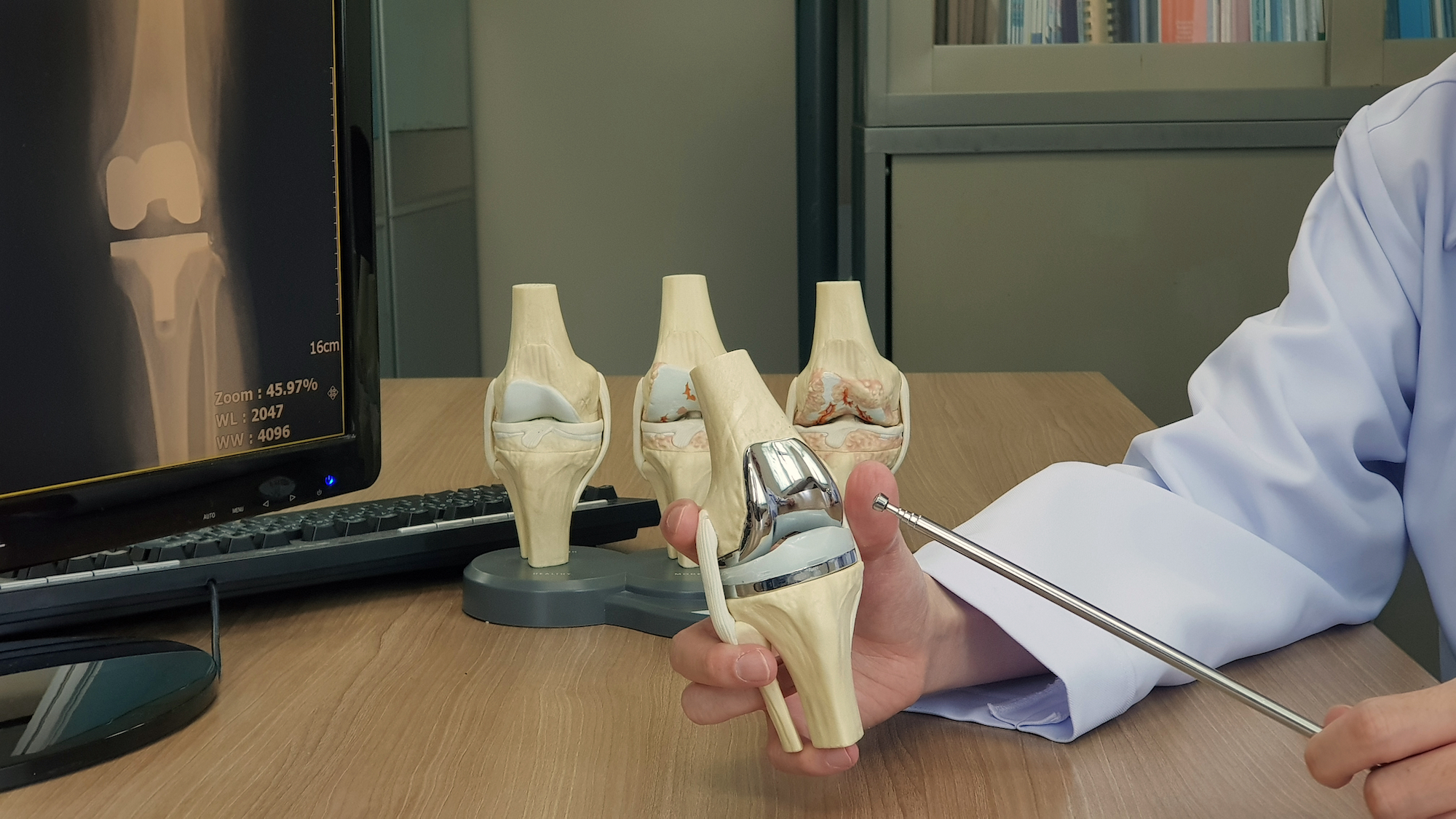Womanizer, the leading brand in the sexual wellness industry, has released its fourth annual global survey on masturbation habits, culminating in the calculation of the “International Equal Masturbation Day”. The global masturbation gap has widened from 47% in 2022 to 57.7% in 20231, highlighting the need for greater awareness and discussion around sexual equality. Global Equal Masturbation Day has thus been established as July 30, 2023².
The survey reveals a significant disparity in the frequency of masturbation between genders, with men masturbating more frequently than women. With Equal Masturbation Day, Womanizer wants to draw attention to the social imbalance surrounding the taboo of female pleasure and the shame associated with it. The survey involved 14,816 participants from 11 countries, including Australia, Canada, France, Germany, Hong Kong, Japan, Singapore, Spain, Switzerland, the United Kingdom, and the United States of America³.

Gender Disparities in Masturbation Rates: Male Rates Increase in 2023, While Females Remain Consistent
The most notable finding was that male participants reported masturbating more frequently in 2023 than in the previous year, while female participants reported consistent rates of masturbation. On average, females masturbated 70 times per year in 2023, while males masturbated 166 times, representing a significant global masturbation gap of 57.71%. This gap increased by 10% compared to the previous year, where the global masturbation gap was 47%. Per week, male respondents masturbate an average of 4.47 times while females masturbate 3.24 times (2022: males 2.8 times per week, females 1.4 times per week).
Singapore in comparison to global numbers
Unlike the world average, Singapore’s National Equal Masturbation Day was celebrated on September 27, 2022, while the event is held on July 1, 2023. The masturbation gap in 2022 was 74%, which shrunk to 49.8% in 2023, making it significantly smaller than the global average. In 2022, males masturbated 129 times on average per year, while females did so 34 times. However, in 2023, the numbers changed, with females masturbating 59 times and males masturbating 117 times. Unlike the global trend, females in Singapore are masturbating more, while males are masturbating less. In 2023, 23% of females reported masturbating at least once per week, while 26% did not masturbate at all. Among males, 45% said they masturbate at least once per week, while 12% did not masturbate at all. The increasing number of femtech organisations in Singapore, coupled with improved access to sexual education and greater public conversations around female sexuality, is believed to be contributing to changes in cultural attitudes towards female sexuality and the observed phenomenon of shifting masturbation habits.

Cultural and Regional Factors in Masturbation Habits
The survey also revealed that 25% of global females do not masturbate, while 11% of global males reported not masturbating (in 2022, these figures were 21% for females and 14% for males). Women in the United States are masturbation champions as compared to the other countries with an average of masturbation 90 times per year, while French women masturbate the least often with 66 times per year. Same as for women, American men also lead the ranking with an average of 144.75 times per year, while Singaporean men on average masturbate 99 times per year. These findings show that cultural and regional factors play a role in sexual behaviour.
Comparing Libido Across Genders
When looking at masturbation habits, Womanizer also asks participants to rank their own libido. With an increasing masturbation gap, the question arises whether men also rate their own sex drive higher than women do. However, the survey found that the average libido for females in 2023 is 5.73 out of 10, while for males, it is 6.8. In 2022, the average female libido was 5.76, while for males, it was 6.53. These findings suggest that while there may be differences in masturbation habits, there are no significant differences in overall libido between genders.
| Country/Region | National Equal Masturbation Day 2023 | National Equal Masturbation Day 2022 | National Equal Masturbation Day 2021 | National Equal Masturbation Day 2020 |
| UK | 18 August | 8 May | 29 August | 4 October |
| Hong Kong SAR | 21 May | 14 May | 23 July | 29 August |
| Spain | 1 July | 26 May | 14 August | 25 August |
| USA | 19 July | 31 May | 28 June | 7 August |
| Australia | 13 July | 7 June | 22 August | 25 August |
| Germany | 30 July | 10 June | 14 August | 9 September |
| Canada | 24 August | 14 June | 7 August | 8 October |
| Japan | 29 August | 12 July | 8 October | 2 November |
| Switzerland | 29 July | 19 July | 20 September | 23 September |
| France | 20 August | 14 July | 18 August | 14 August |
| Singapore | 1 July | 27 September | 27 September | 15 October |
Economic Downturn and Impacts on Sexual Wellness
When asked about why she thinks women in Singapore are not masturbating more, Certified Sex Coach Ms. Dian Handayani mentions, “The economic downturn can have a significant impact on the desire to masturbate for women, particularly in Singapore. Financial stress and uncertainty can lead to increased levels of anxiety and fatigue, which in turn can impact sexual desire and intimacy. When individuals are preoccupied with financial concerns, they may be less likely to prioritize self-care, including sexual self-exploration. This can lead to a decreased desire for sexual activity, including masturbation.”
The economic downturn can also lead to an increase in workload, as individuals may need to work longer hours or take on additional jobs to make ends meet. This can leave little time for personal activities, such as self-pleasure. Sandwich generations, in particular, who are tasked with caring for their parents and young children, may find it difficult to find time and energy for sexual self-exploration. The combination of financial stress and increased responsibilities can lead to a sense of overwhelm and fatigue, making it difficult for women to find the time and energy to engage in sexual activity.
In addition, the return to commuting to work can also contribute to stress and fatigue, making it difficult for women to feel energised and interested in sexual activity. Commuting can be a draining experience, particularly if it involves long hours or crowded public transportation. This can leave women feeling exhausted and less interested in sexual activity, including masturbation.
¹ The calculation is based on a formula of the German Federal Statistical Office, which is also used to calculate the gender pay gap
² 57.71% of 365 is around 210.6. The 211th day in 2023 is 30 July
³ The representative survey was conducted in cooperation with Lucid in April 2023. 14,816 men and women from 11 countries participated (Australia, Canada, France, Germany, Hong Kong, Japan, Singapore, Spain, Switzerland, UK, USA). Further results on request.
Images: Envato










